The fourth Silk Cities International conference:
Intangible Heritage, Cities and Communities
along the Silk Roads and beyond... Tunis, Tunisia, 4 - 6 March 2024

- Conference overview
- Themes & guiding questions
- Important dates
- Committees
- Abstract submission
- Propose a panel or special session
- Programme
- Speakers and session chairs
- Optional activities
- Publication
- Registration (deadline extended)
- Venue
- Partnership opportunities
- Special sessions
- Frequently asked questions (FAQs)


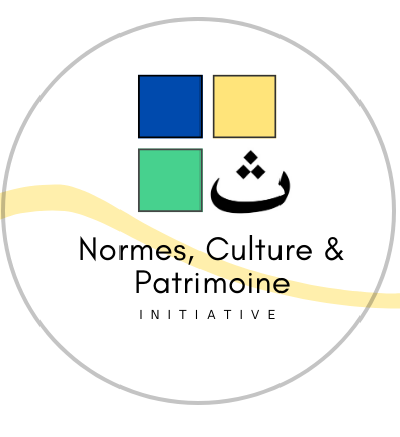
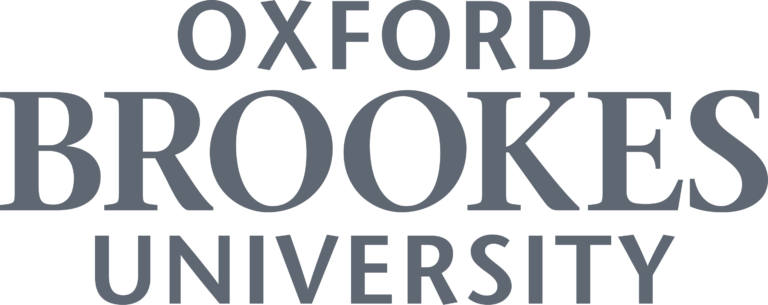
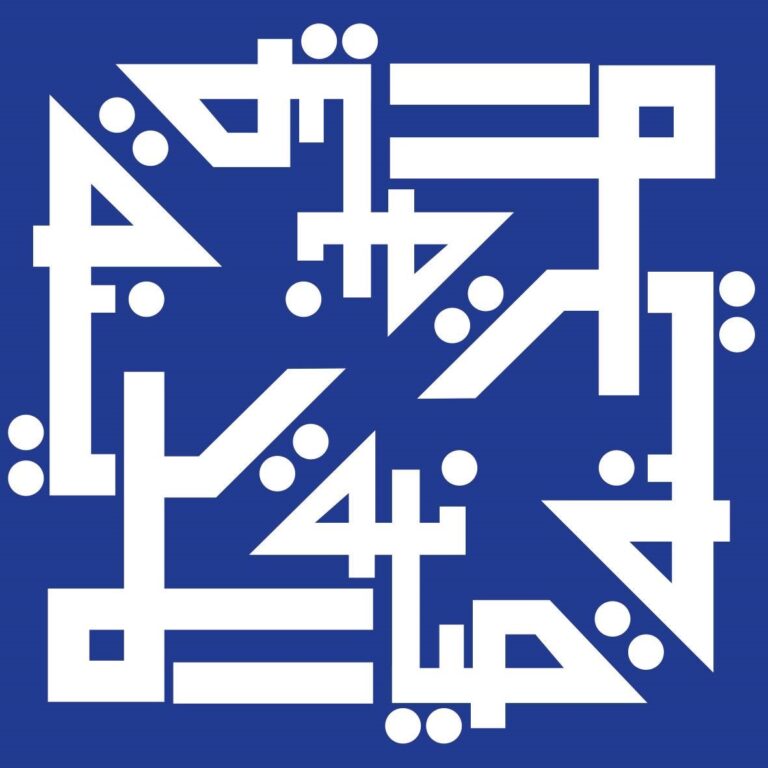
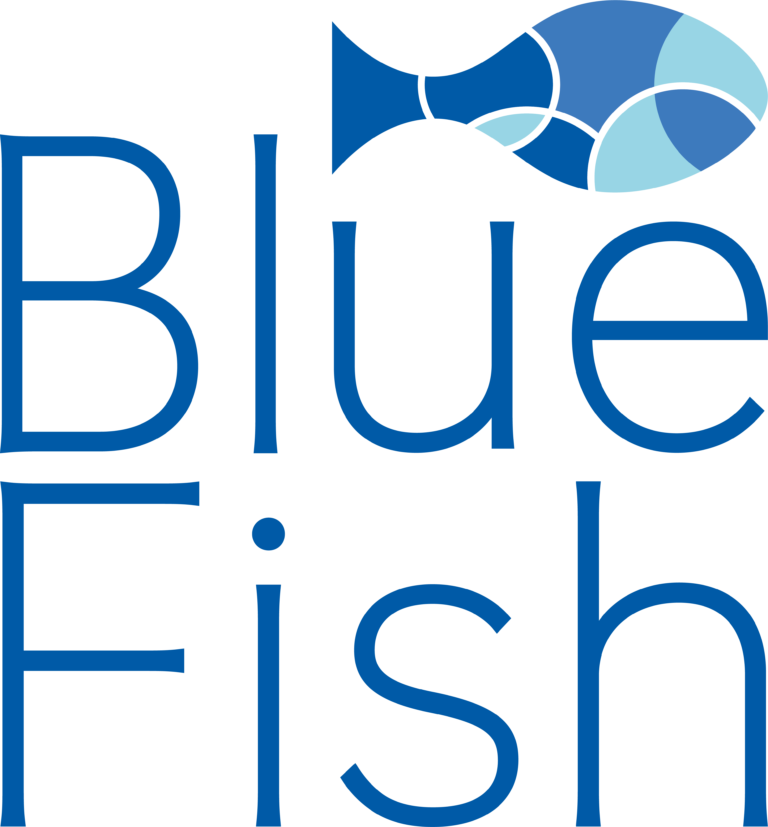

Conference overview
Cultural practices, rituals, and traditional knowledge are intertwined with human existence. From yearly celebration of new years to those cultural expressions engaged with daily life such as music, religious practices, and food they are an inherently part of communities and individual lives, often considered as a natural extension of their ‘being’. Amid rapid urban changes and increased global mobility, immigration or forced displacement, communities and individuals are central to preserving heritage.
This peer-reviewed conference aims to bring together global knowledge on conceptualising intangible heritage as an urban phenomenon. Traditions and cultural expressions do not happen in isolation, instead they are conditioned by both socio-cultural and urban spatiality. Therefore, this Fourth International Silk Cities Conference will foster international dialogues between multiple disciplines related to urban studies, art and humanities, social science as well as disaster management, heritage and migration studies. It will be open to scholars, practitioners, international organisations, and policy makers.
The Conference will explore dynamics of intangible heritage interactions with space, day to day life, and the built environment. It seeks to bring together global knowledge rooted in local diversity on relations between intangible heritage as integral parts of urban culture and spatiality of cities. The concept of intangible heritage is underexplored, yet inherently intertwined with urban life. The aim is to unpack links between space, community, time and heritages in cities in normal as well as disrupted circumstances to gain a better understanding of this multifaceted concept. Even in cities facing disasters, an emerging notion is the value of intangible heritage in recovering from natural incidents, wars, and revolutions.
The Conference seeks to offer new perspectives and strategies towards a better understanding of urban intangible heritage and to push the traditional theoretical and practical boundaries by applying a holistic approach towards integrating potentials of intangible heritage to inform urban policies and practices as well as the arts and humanities. Ultimately intangible heritage is envisaged as tools for sustainable development and resilience.
Intangible heritage is not bound by current divisive geographic borders; instead, heritage tends to spread across vast territories and unites communities. The suggested reference points aim to assist the understanding of intangible heritages as uniting elements between local, regional and global communities. As for previous conferences, the programme includes academic sessions and social activities with opportunities for deeper informal discussions. A high-profile peer-reviewed academic publication will be produced in partnership with Springer after the conference.
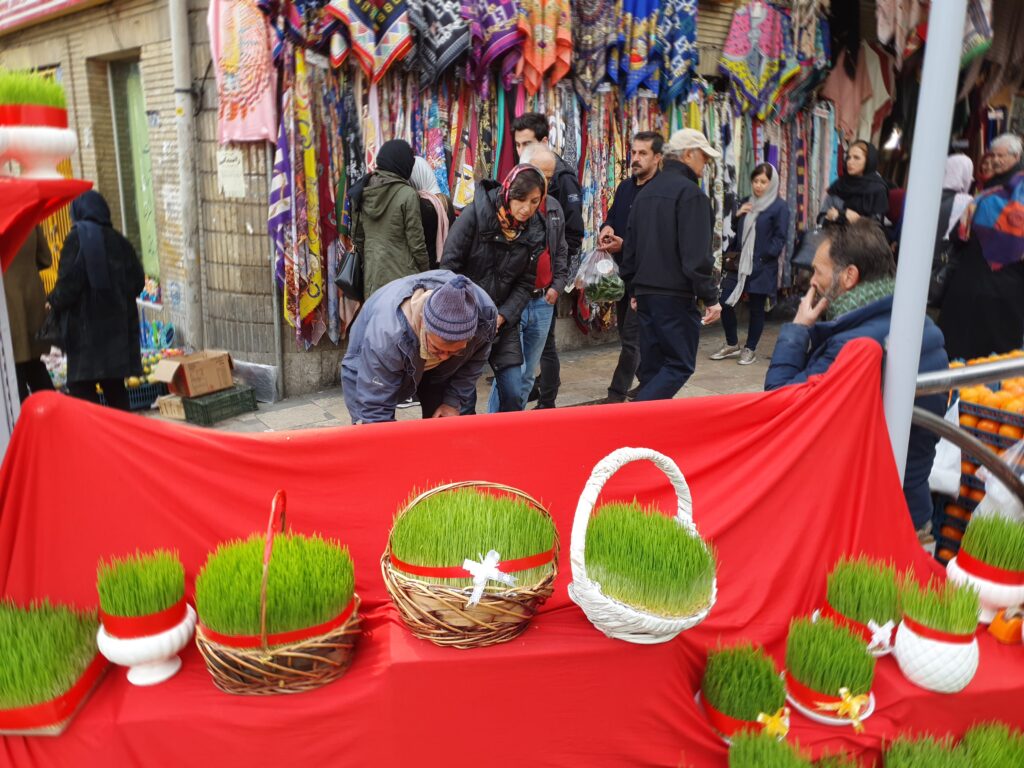
Symbolic traditions & informal urban economy associated with the celebration of Nowruz
Conference themes
This interdisciplinary conference will bring together scientific fields such as urban studies, art and culture, heritages, history and mapping, literature, sociology, anthropology, philosophy, geography, tourism, politics, economics, geopolitics together.
Proposals for papers and non-paper 15 minutes presentations are invited under the following themes:
- Cultural expressions of diverse communities
- Dimensions of urban experience
- Urban economy, temporal activities and everyday life
- Intangible heritage, disaster management and and resilience to disasters and disruptions
- Urban governance, policies, instruments, and practices
- Social mobilisation, future memories, and right to the city
- Sustainable tourism, heritage, and local identity
- Partnerships, cooperations, and participatory practices.
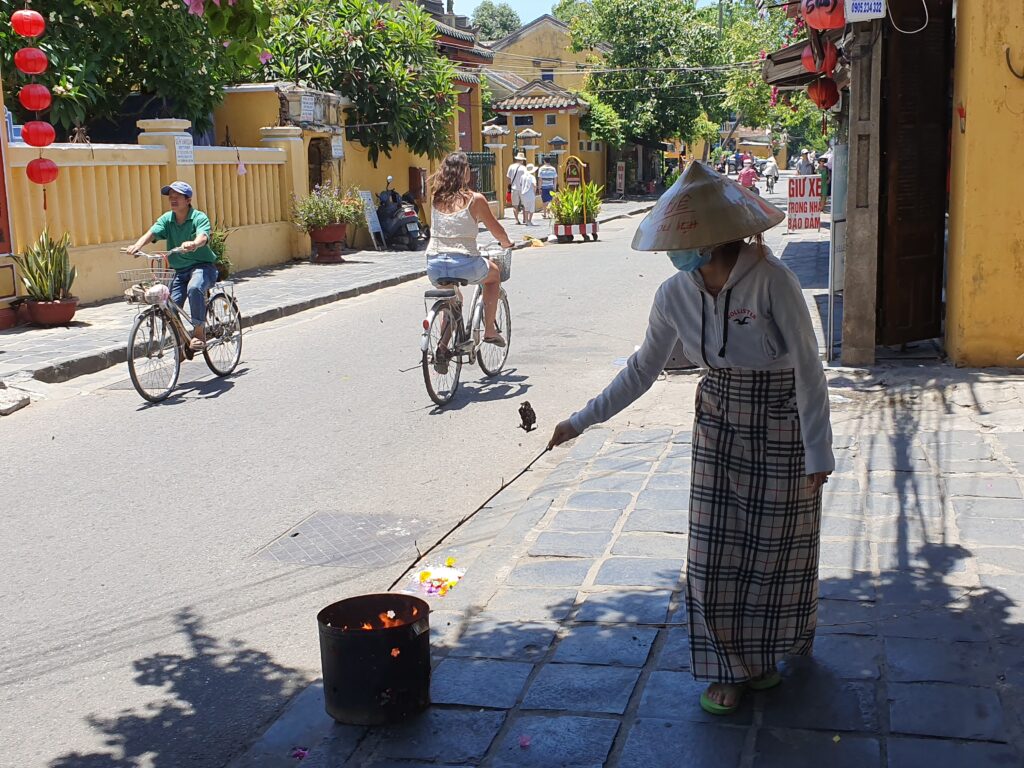
Religious traditions & cultural expressions in urban spaces
Guiding questions
Participants are encouraged to propose further innovative approaches to the subject matter beyond the guiding questions suggested below:
- How does the community and spatiality of the city work hand in hand to facilitate (or hinder) intangible heritages? What impedes these processes and dynamics?
- What are the conditions that can facilitate an inclusive approach to valuing, promoting, respecting and enhancing intangible cultural heritages?
- How are different types of intangible heritages connected to spatial characteristics?
- How does space engage with the human senses, sight, hearing, touch, smell and taste, to provide a unique cultural experience?
- How does space engage with local perceptions, everyday life activities and living conditions, to provide opportunities to match needs, desires and expectations?
- How does urban governance perceive, recognise and consider intangible heritages? What are the connections between intangible heritages and the right to the city?
- What are the conditions that make intangible heritages a community asset?
- What are the linkages between intangible cultural heritages, sustainable development goals and the resilience of communities?
- How do urban processes and governance capture the interplay between community beliefs, rituals and practices, but also struggles, resistances and counteractions?
- How do beliefs and forms of resilience drive urban transformations? How can they lead to temporary or permanent inclusion, ? How do they open new horizons and create new possibilities for inclusion/grasping the right to the city?
- Which tools are able to support decolonising methods?
- How can communication technology contribute to enlarge networks beyond conventional wisdom of intangible heritages and counteract hegemony?
- How do intangible heritages relate to methods of equalising knowledge?
- How can local heritage of the city be balanced sustainably against the growing tourism?
Important dates
| 31 َAugust 2023 | Early-bird abstract submission closes |
| 10 September 2023 | First round of notification of peer-review outcome and selected papers – For abstracts submitted by 31 August 2023 |
| 10 September 2023 | Conference registration (early-bird) opens |
| 12 November 2023 | Abstract submission deadline |
| 25 November 2023 | Second round of notification of peer-review outcome and selected papers – For papers submitted from 1 September to 1 November 2023 |
| 14 December 2023 | Conference registration (early-bird) closes |
| 15 December 2023 | Conference registration (standard) opens |
| 10 February 2024 for presenters
16 February 2024 for audience |
Conference registration (standard) closes
(extended deadline) |
| 4-5-6 March 2024 | Conference days (academic and social events) |
| End of March 2024 | Full paper submission for book peer-review opens |
| TBC | Full paper peer-review process starts for book publication |
Committees
Convener: Dr. Fatemeh Farnaz Arefian
Organiser: Silk Cities
Scientific committees
In alphabetical order - in progress
- Dr. Fatemeh Farnaz Arefian, Silk Cities, UK
- Prof. Yves Cabannes, UCL, UK
- Prof. Mohammad Chaichian, Mount Mercy University, Iowa, USA
- Prof. Julio Davila, UCL, UK
- Dr. Arthur Dudney, Arcadia Fund, UK
- Prof. Kalliopi Fouseki, UCL, UK
- Mr. Arif Hassan, Independent, Pakistan
- Prof. Andrew James Hopkins, University of L'Aquila, Italy
- Prof. Cassidy Johnson, UCL, UK
- Dr. Liling Huang, National Taiwan University, Taiwan
- Prof. Ramin Keyvani, Oxford Brookes University, UK
- Dr. Hossam Mahdy, Independent, Egypt
- Dr. Reza Masoudi-Nejad, SOAS, UK
- Ms. Carmen Mendoza Arroyo, Universitat Internacional de Catalunya (UIC), Spain
- Dr. Iradj Moeini, SBU, Iran
- Mr. Babar Mumtaz, Independent, Pakistan
- Dr. Elena Paskaleva, Leiden University, Netherlands
- Ms. Judith Ryser, Silk Cities, UK
- Dr. Atef S. Said, University of Illinois, USA
- Prof. Mounir Saidani, Tunis Al-Manar University, Tunisia
- Dr. Sneha Krishnan, O.P. Jindal Global University, India
- Prof. John Twigg, Independent, UK
- Prof. Zeynep gül Ünal, Yıldız Teknik Üniversitesi, ICOMOS, Turkey
Submission
The Conference uses a blind review process set up by the scientific committee. To enter the process, submit your abstract through a dedicated online submission system. The 300-500 words abstract should include background, objectives, methods used, results or impacts of your study or report on practice. The official language of the conference is English.
The peer-review process has been split into two phases to accommodate the submissions made earlier, as well as to allow new submissions to enter the process based on the updated conference details.
- Create an account in system first with your email address. The system will send you an email with a link to verify your email and complete the account creation.
- You can save the draft of your submission and complete it later. To do so, submit it incomplete. You will be notified that your submission is incomplete and you can complete it in due time.
- Group authorship: Kindly note that printed participation certificate will only be prepared for the registered author and.co-author(s).
- If your abstract proposal has been accepted and are encountering difficulties or are unable to attend in-person because of visa issues, contact us by email as soon as possible. We consider such requests on a case-based approach, especially from those in low and middle income developing countries. Evaluating your condition and if your request is accepted, we might be able to offer you the option of remote participation.
- For further information see Frequently Asked Questions.
Propose a panel or special session
We welcome hearing your ideas on a panel discussion or a special session. Tell us why the panel or special session is important to have and how it contributes to the intellectual quality of the conference. Provide relevant information such as the theme of the conference that it is related to. Download the template and email your panel or special session proposal by 1 November 2023 to us.
Kindly note that if your proposal accepted, all panellists, speakers and participants in your proposed session need to register in advance in accordance with the registration timeline as appears in the conference website.
Programme
The conference programme is designed to create a high quality and an unforgettable experience for all participants intellectually as well as socially. The conference will be held at Dar Lasram one of the palaces of the medina of Tunis that creates a rare and unique experience for everyone participant to enjoy such a historically prominent venue.
Academic sessions and guest talks, special sessions and workshops will make the event a highly engaging intellectual experience for participants. The programme will allocate plenty of discussion time to share insight and discuss matters at deeper levels. Informal discussions will also be facilitated through exciting social activities. The programme will bring local and international communities together. Additionally, shortlisted entries from the Silk Cities photo and video competition will be displayed and discussed in a roundtable.
We have planned the social activities in a way to fully celebrate togetherness and social interactions after the Covid-19 isolations! They range from a conference reception dinner, at a rooftop venue with a fantastic view overlooking the Medina skyline, where you will taste local flavours, a guided walking tour of medina. There are also optional workshops, providing further opportunities for delegates to dive into rich local culture and way of life.
Tentative programme
Day 1: Registration, thematic sessions & guest speakers, conference reception dinner
Day 2: Thematic sessions, roundtables & guest speakers, photo/video exhibition & round-table
Day 3: Workshop and closing remarks, expert guided walking tour in medina, a UNESCO world heritage site, optional activities.
The programme is subject to adjustment and change until the conference.
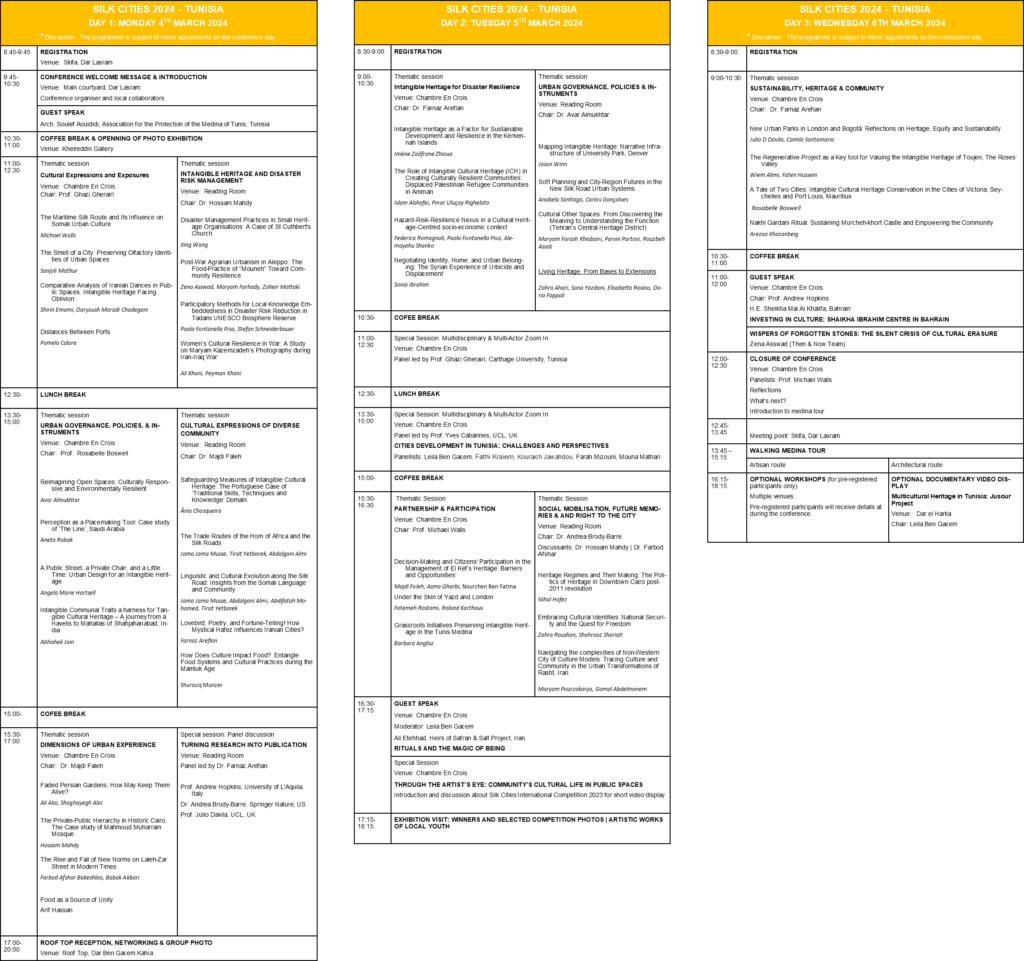
Speakers and session chairs
In progress - update 15/02/2024
-
- Prof. Ghazi Gherairi, Former Ambassador of Tunisia to UNESCO and OIF, Tunisia
- Dr. Farnaz Arefian, Silk Cities, UK
- Dr. Andrea Brody-Barre, Springer Nature, US
- Ali Ettehad, “The Heirs of Saffron and Salt” project, Iran
- Soulef Aouididi, Association for the Protection of the Medina of Tunis, Tunisia
- Arif Hassan, Urban Planning and Social Research, Pakistan
- Prof. Yves Cabanes, UCL, UK
- H.E. Sheikha Mai Al Khalifa, Bahrain
- Prof. Andrew Hopkins, University of L'Aquila, Italy
- Leila Ben Gacem, Blue Fish, Tunisia
-
- Prof. Julio Davila, UCL, UK
- Prof. Michael Walls, UCL, UK
- Dr. Majdi Faleh, Nottingham Trent University, UK
- Dr. Hossam Mahdy, ICOMOS, Egypt
- Dr. Avar Almukhtar, Oxford Brookes University, UK
- Prof. Rosabelle Boswell, Nelson Mandela University, South Africa
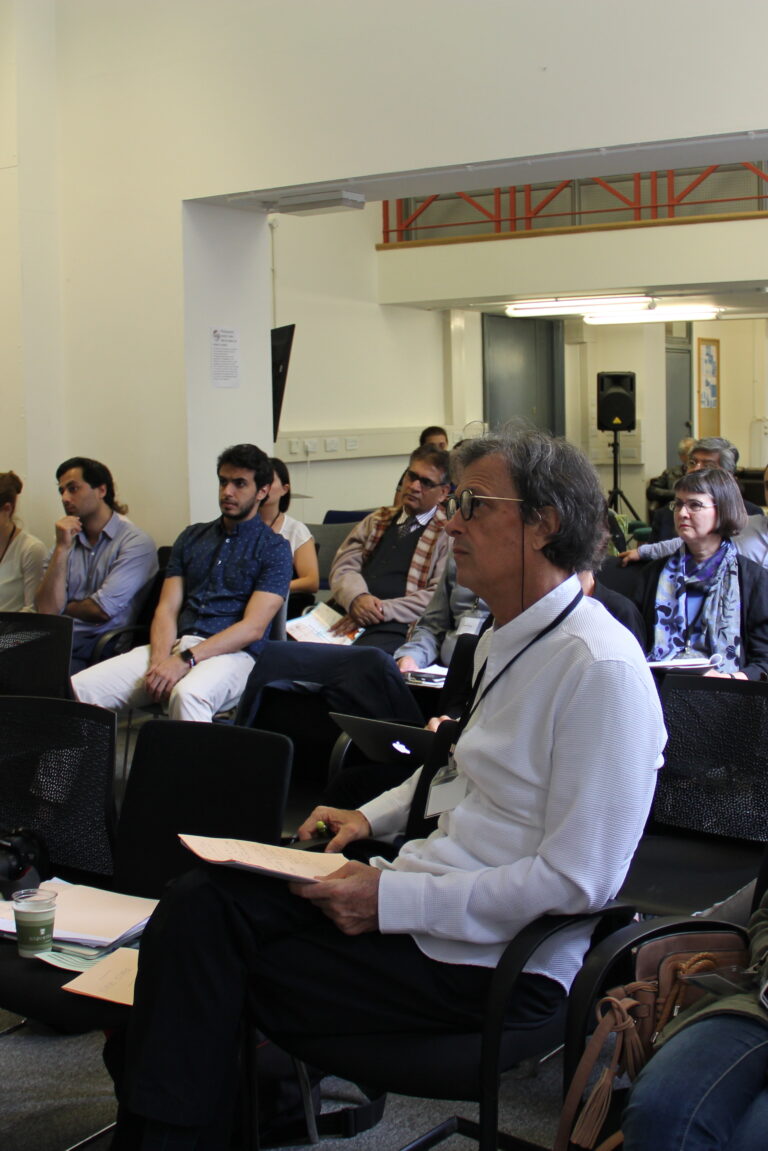
Academic sessions
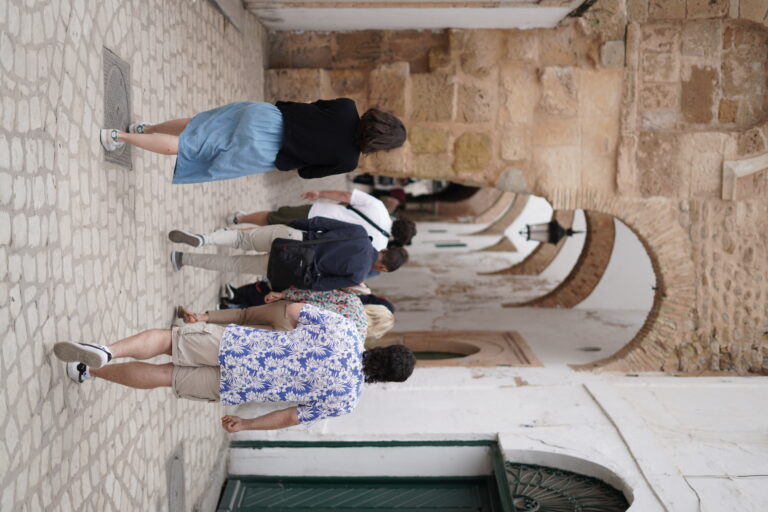
Guided medina tour
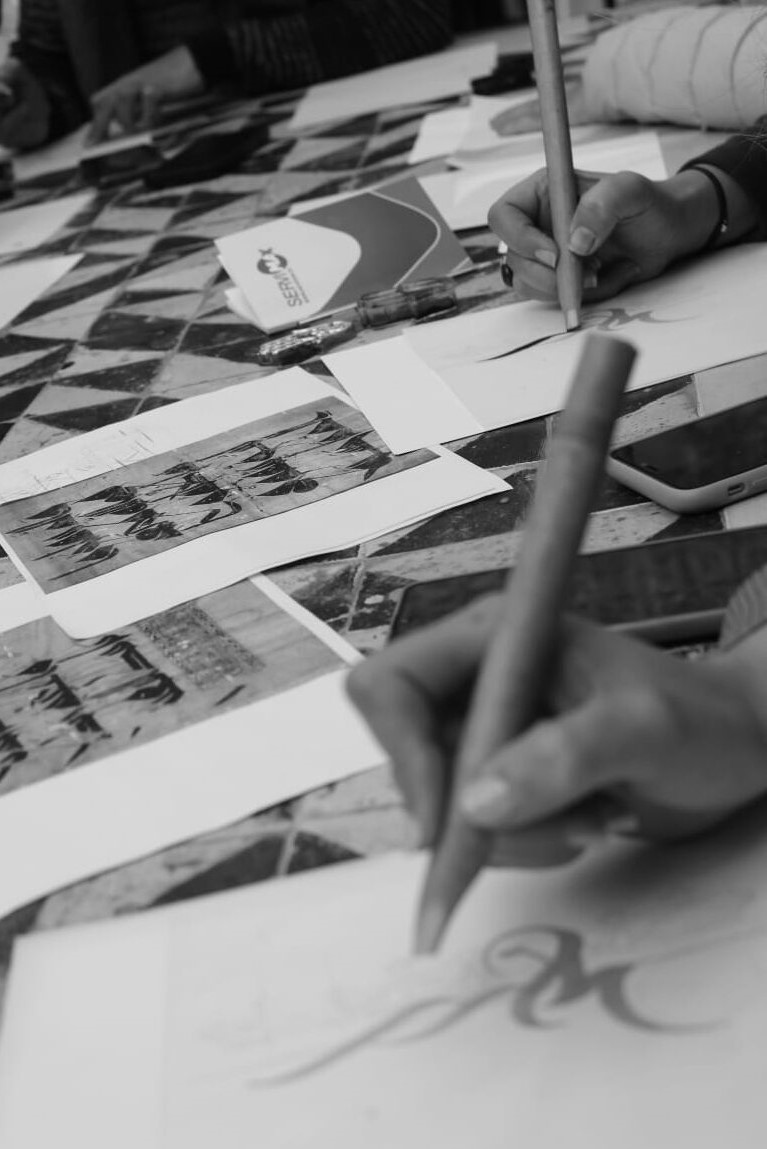
Optional activities
Optional activities
Optional activities are designed for delegates who would like to engage with local culture at deeper levels and interact with local experts and artists. They offer deeper experience of how local handicraft and artistic creations come to existence. They offer you a unique opportunity to learn directly from local artisans and leave with unique creations in memory of your enriching experience. They require separate registration in advance.The capacity of each workshop is 8 attendees and workshops will be held if minimum 6 attendees register.
Calligraphy workshop
Arabic calligraphy workshop will be led by a master calligrapher, exploring the art of Islamic zokhrouf. Held in the traditional Medina Dar courtyard, you will delve into Arabic font scripts, tools, history, and Tunisia's rich calligraphic legacy. Get hands-on experience with calligraphy and Islamic ornamentation.
Balgha workshop
Discover the craft of Balgha, these traditional Tunisian shoes, by participating in a workshop where you can design your own custom pair. Explore your creativity and discover the unique craft traditions of Tunis Medina through our exciting workshop offered in partnership with talented artisans.
Perfume workshop
Indulge in the art of fragrance at our enchanting perfume workshop in Tunis' Medina. Craft your unique perfume, immersing in scents that reflect your individuality and style. Our carefully selected workshops offer you a unique opportunity to learn directly from local artisans and leave with unique creations in memory of your enriching experience.
Publication
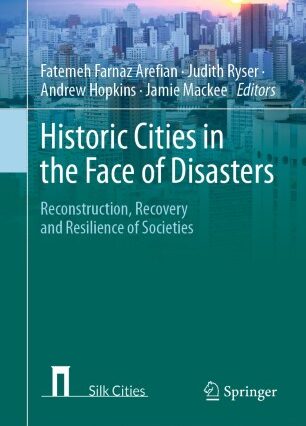
The conference is peer-reviewed and collaborates with Springer’s book series, “Cities, Heritage and Transformation“. A peer-reviewed edited book will be developed based on a selection of full papers submitted after the conference to be published in the series.
Authors of accepted abstracts which were presented at the conference will have the opportunity to submit their full paper after the conference to enter the book publication review process. Download full paper template and guidance here.
You can check out our multidisciplinary and peer-reviewed books, based on the excerpts from previous Silk Cities international conferences:
Also see our self-published and open access peer-reviewed e-Book, Prerequisites for Post-Disaster Regeneration of Historic Cities, based on the excerpts from previous Silk Cities international conference.
Registration
Delegates will need to register in advance. Accepted papers must have at least one registered author to be considered for the conference final programming and abstract proceeding. All attendees must register, and only registered authors/attendees will receive a certificate. Late registrations are subject to availability of places only for attendees. If you require an invitation letter to apply for visa in order to attend the conference, you are advised to register early and leave enough time (at least 2 months) for operational procedures. Registration fees are as follows:
| Registration fees/presenters (early bird) | Academics & professionals | £200 |
| Registration fees/presenters (early bird) | Students | £120 |
| Registration fees/presenters (standard) | Academics & professionals | £250 |
| Registration fees/presenters (standard) | Students | £170 |
| Audience to attend the conference and social events (non-presenters) | Interested public, students, Academics & professionals | £170 |
| The public & accompanying persons who only attend social events (non-presenters) | Interested public, students, academics & professionals | £70 |
| Calligraphy workshop (optional) | Anyone who is interested to participate | £20 |
| Artisan workshops (optional) | Anyone who is interested to participate | £20 for each workshop |
If you are a local student or professional based in Tunisia, please contact info@silkcities.org to receive information and instruction for local registration.
The fee covers admission to all academic and social activities 4-6 March 2024 as described above, for example, access to all sessions and workshops, conference kit, booklet and printed collection of abstracts, printed participation certificate for the author or printed attendance certificate for the attendee, coffee break refreshments between academic sessions, a conference rooftop evening reception, two lunches, and an expert guided walking tour.
Delegates who opt to attend optional activities need to register separately for each activity in advance. Workshops will be held if minimum 6 attendees register.
Please see Frequently Asked Questions for:
- Refund policy,
- If you are from a developing country and encounter difficulties for obtaining the visa or other problems and are unable to attend in-person
- Any other questions? Feel free to contact us.
Venue
The counference venue, Dar Lasram is one of the palaces of the medina of Tunis. It is a famous example of a large traditional Tunisian residence.
Tunis
The historical origins of Tunis go back to Roman times. Tunis offers a blend of tribal, Islamic, Spanish, Ottoman, and French cultural influences in local culture and social practices, urban characteristics and the built environment. For example, from the 12th to the 16th century, Tunis was considered one of the greatest and wealthiest cities in the Islamic world with palaces, mosques, mausoleums, madrasas and fountains.
The medina of Tunis, where the conference will be mainly held is a UNESCO world heritage site.
Link to UNESCO page on the medina of Tunis
Accommodation
Tunis offers a variety of options for accommodation: A range of alternatives from budget to mid-range and fine hotels can be found from tourist information websites. You can find some of their links here:
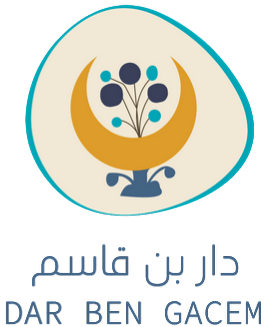 |
Dar Ben Gacem | Collaborated with Silk Cities, supporting local participants |
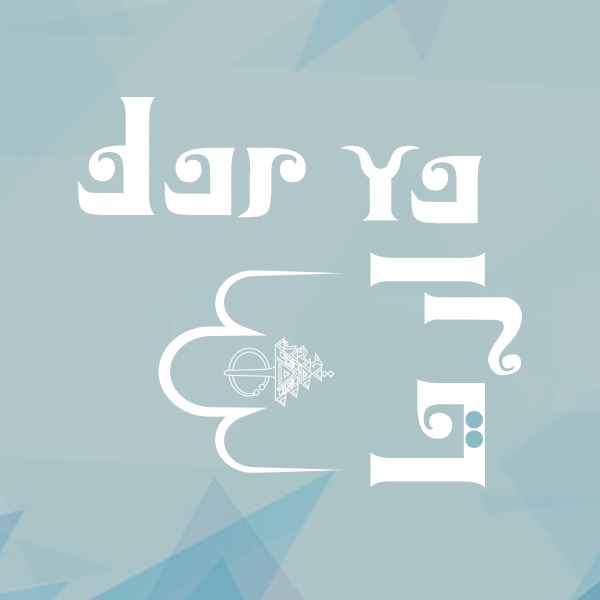 |
Dar Ya | This guest house offers special offer to our attending students! |

Dar Lasram
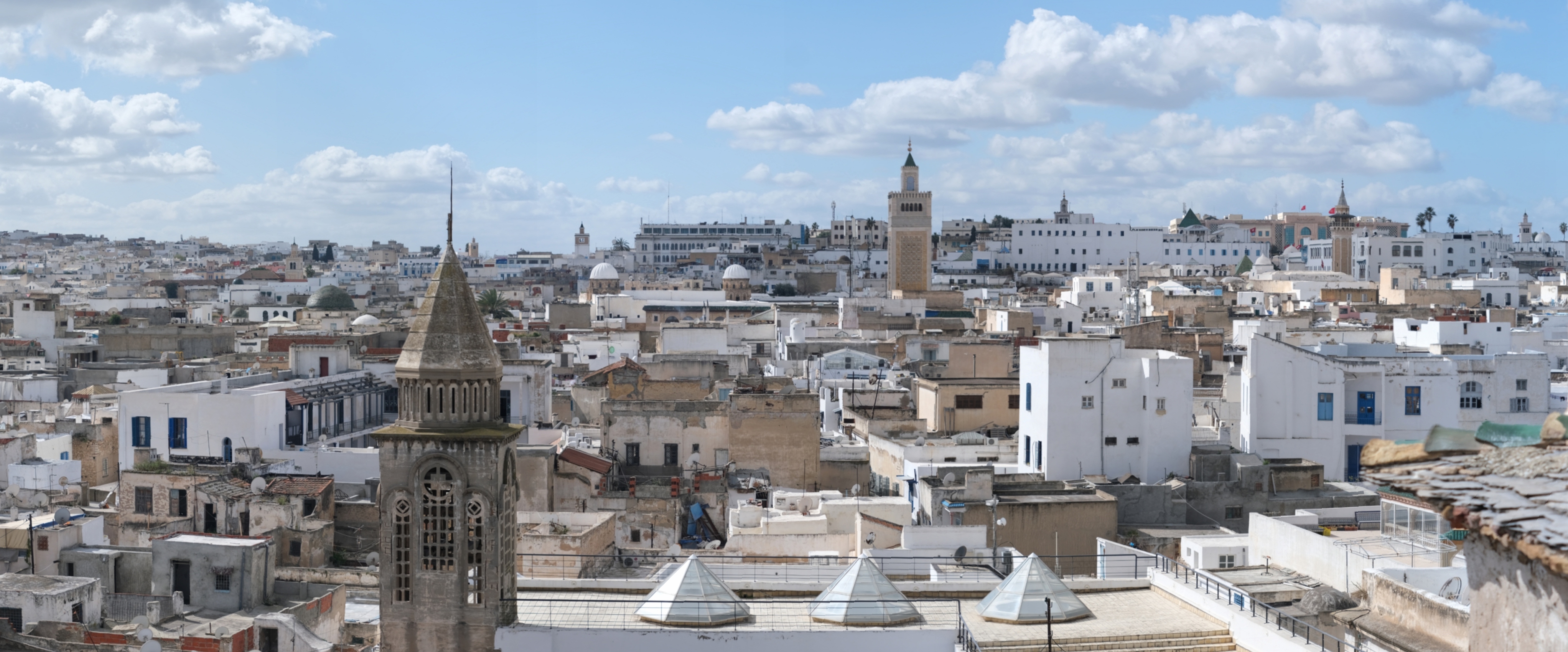
Photo by Clement Arbib; access here.
Partnership opportunities
Silk Cities international conferences are excellent opportunities to grow your organisation’s outreach, become more approachable, showcase your activities and benefit from engaging with diverse international experts working on multiple aspects of the subject matter.
Silk Cities welcomes financial partnerships to introduce student conference grant scheme for students from low and middle income countries, as well as offering forward-looking organisations an international platform to present their impactful projects and activities aligned with the conference aim. Student conference grant scheme will be introduced only upon securing required sponsorship and half of all sponsorship packages will be dedicated to this scheme.
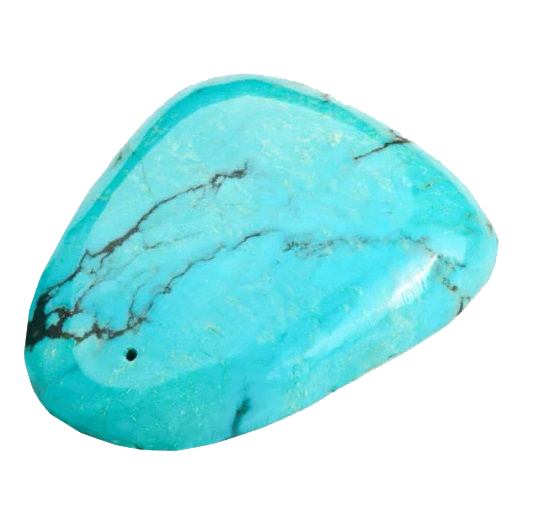
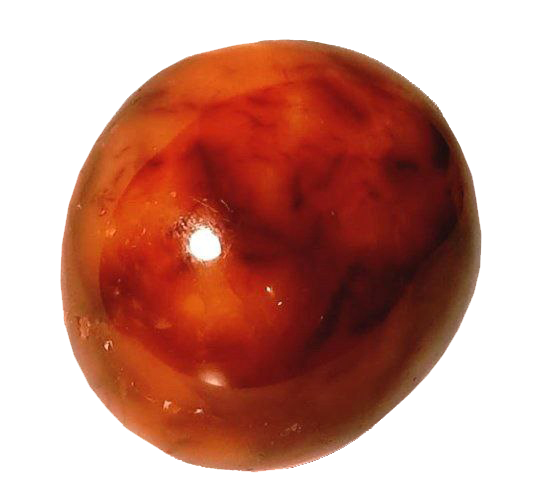
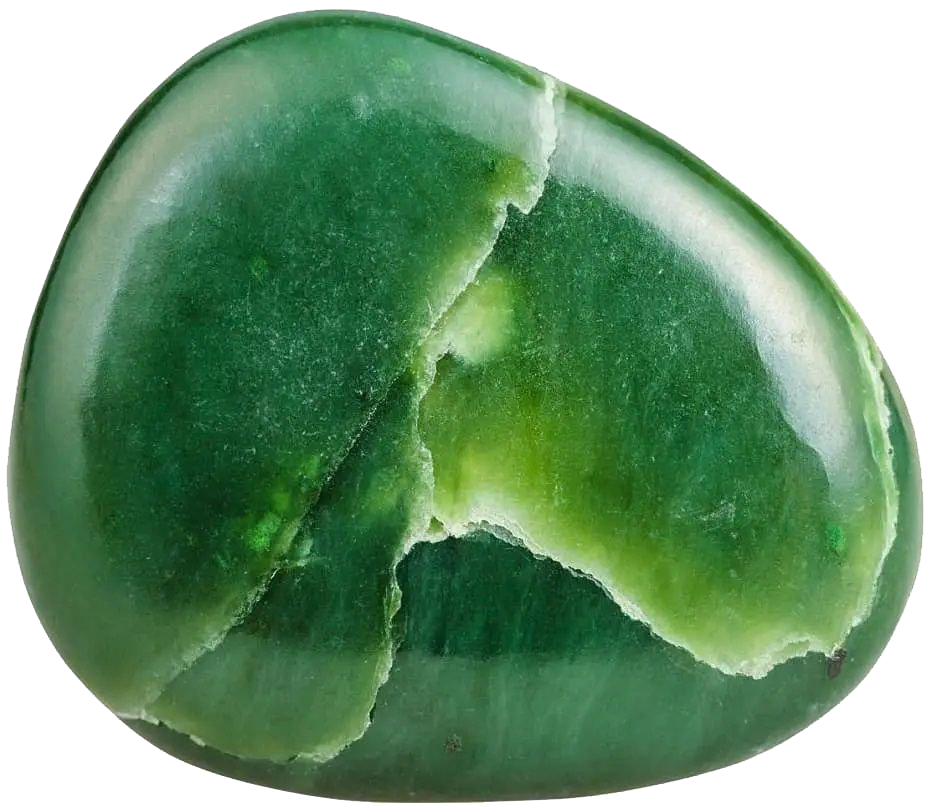
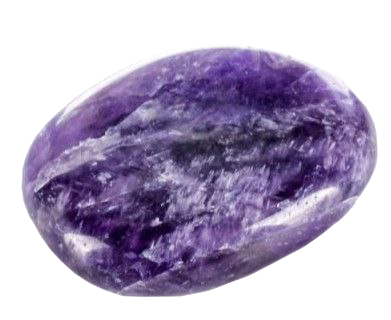
Turquoise package
This package offers a maximum level of engagement and exposure for your organisation’s brand.
Fire opal package
This package offers opportunities to present your brand and showcase your work to a diverse audience from around the world.
Jade package
This package will help you increase visibility and brand recognition of your organisation and raise awareness about its activities at global stage.
Amethyst package
This student grant support allows you to take advantage of the chance to support the student travel.
Frequently Asked Questions (FAQs)
Each author can submit up to 3 abstracts. However, remember that if all of them are accepted you need to register separately for each abstract to be able to present all. Each registration is for one presenter and one presentation.
If you are interested in other forms of presentation, for example, a short film, please clearly mention it in your abstract, and if selected, please send them directly to us. The file name should be the paper submission number and title.
No. Although you can add your co-authors’ names at any time before the final submission of the abstract.
Yes. If you require an invitation letter to apply for a visa in order to attend the conference, please register early and leave enough time for operational procedures. After registration you will be connected to our local colleague, to receive your invitation letter. Authors need to provide their paper submission number and title.
Those printed participation certificates will only be prepared for registered authors/co-authors who presented their work at the conference.
Each individual has different taste in accommodation and different budgets. So, the answer is no.
For submissions with multiple authors, at least one author will have to register to the easychair system as the corresponding author to submit the abstract. All authors’ names should be mentioned in the abstract and paper. Accepted papers must have at least one registered author in order to be considered for the conference final programming and publication. We advise that the registered author to be the same author who submitted the abstract in the first place.
Participants who cancel their registration within 30 days or less to the conference are not entitled to a refund. Participants who cancel their registration up to 30 days before the conference are entitled to a refund with a 20% admin charge.
We are committed to provide equal opportunities for independent researchers and practitioners who find it difficult to connect with the global community, especially those in low and middle income developing countries.
If your abstract proposal has been accepted and are encountering difficulties or are unable to attend in-person because of visa issues, contact us by email as soon as possible. We consider such requests on a case-based approach. Evaluating your condition and if your request is accepted, we might be able to offer you the option of remote participation.
Your remote presentation will be treated similar to in-person presentations and you will benefit from the conference as other authors do. You must register for the conference like others. You will then receive instructions for your remote participation.
Well, it depends! Do contact us as soon as possible. Late registrations might be possible for attendees only (not presenters) or presenters in special cases, however, it is subject to availability of spots.
Authors whose abstracts have been accepted and presented at the conference will be invited to submit their full papers (4000-6000 words), which will further enter the second peer-review process for book publication. Details for the full paper submission will be shared later.
No. The book publication is our way to disseminate the collective knowledge our conferences generate with the global community. It is a tool for extending the impact of our event.
If you are interested in publishing an academic book chapter without interacting with other researchers and practitioners, please seek other avenues.
We will keep you updated if there is any news on registration or travel grant for this conference. Stay tuned and check the conference website regularly.
We are here to answer your question. Please email us at info@silkcities.org.
